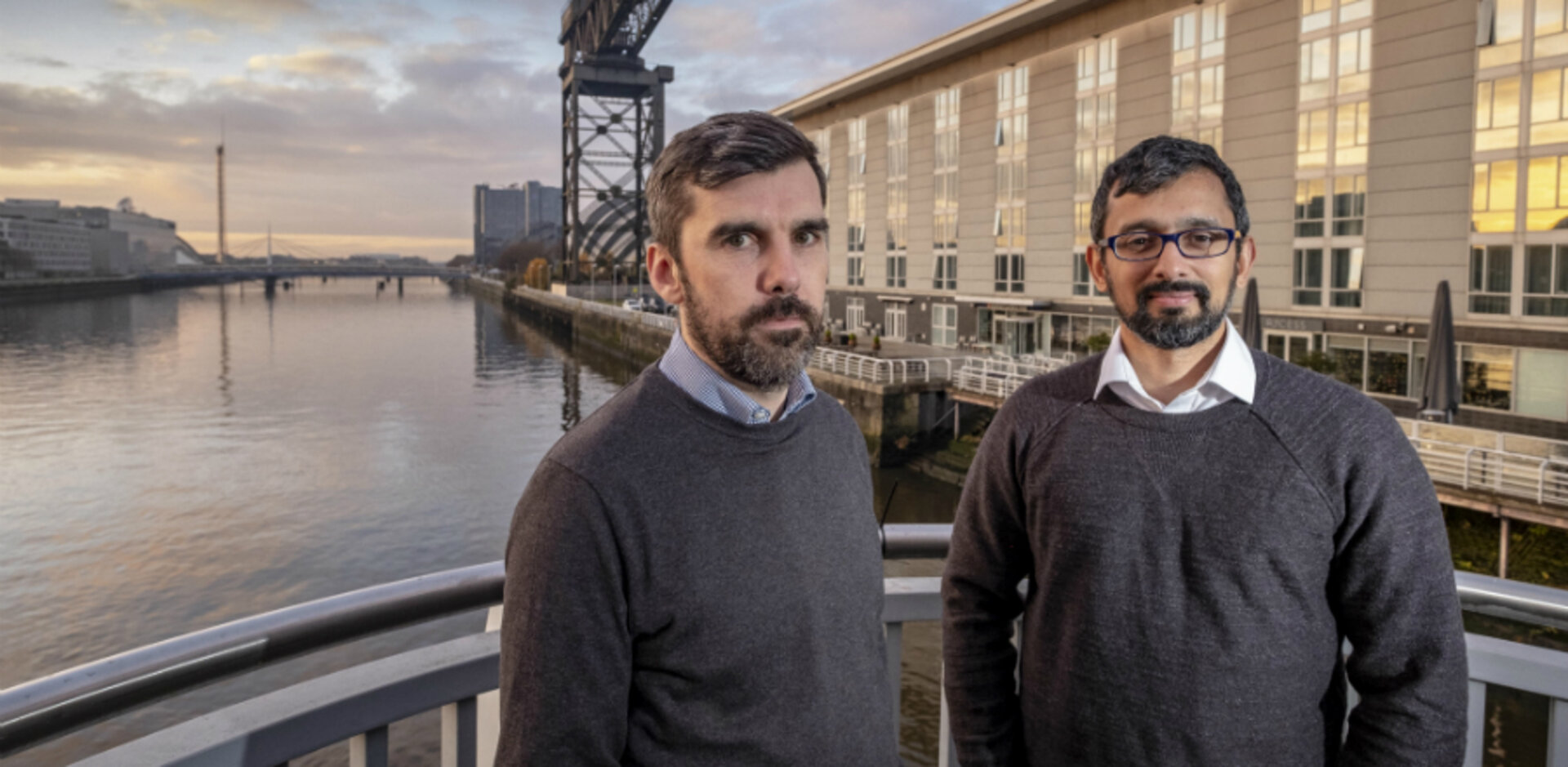Scotland's first heroin assisted treatment service goes under the microscope

Addictions experts at Glasgow Caledonian University (GCU) are leading a new study into Scotland’s first heroin assisted treatment service.
A team of top researchers from the University, working with NHS Greater Glasgow and Clyde, Kings College London and the MRC/CSO Social and Public Health Sciences Unit at the University of Glasgow have been awarded £291,000 by the Scottish Government Chief Scientist Office, to carry out a major study into the Glasgow city service during its first two and a half years.
Scientists will explore all aspects of how the service is implemented, including views from both service staff and patients, and the findings will be used to shape the future of the facility as well as to develop a blueprint for similar services in the UK and around the world.
The new heroin assisted treatment facility is the first of its kind in Scotland, where drug users at greatest risk of harms are prescribed pharmaceutical l-grade heroin (diamorphine) and is part of the Enhanced Drug Treatment Service (EDTS) created by Glasgow City Health and Social Care Partnership in response to the city’s drugs crisis.
Dr Andrew McAuley, a Senior Research Fellow in the School of Health and Life Sciences at GCU and Principal Investigator on the heroin assisted treatment study, explained: “The research is an evaluation of how the heroin assisted treatment service is implemented within the Glasgow context of widespread polydrug use, epidemic levels of drug-related deaths and an ongoing outbreak of HIV among people who inject drugs.
“It involves an in-depth exploration of the experience of the people involved in the service including patients, the staff delivering the service and wider stakeholders that the service is likely to impact on including the police, social work, housing and homelessness services.
“Ultimately, our aim of this evaluation is to understand how it’s implemented in Glasgow and to shape the development of that service moving forward. We also aim to create good practice guidance so that other areas in the UK and other parts of the world looking to implement this type of service can learn from the experiences in Glasgow and implement their own service effectively.”
Susanne Millar, Chair of Glasgow’s Alcohol & Drug Partnership and Interim Chief Officer of the city’s Health & Social Care Partnership, said: “Independent evaluation of Glasgow’s new Enhanced Drug Treatment Service is critical for us and will provide us with key information and analysis which will inform treatment strategies going forward.”
Dr McAuley will oversee the study project and GCU researcher Dr Matt Smith will be carrying out the evaluation within the service.
